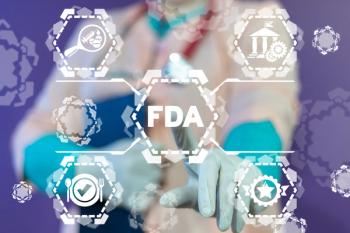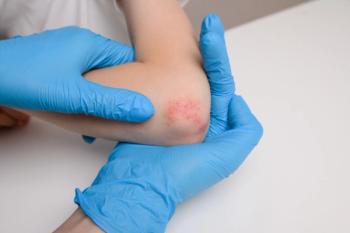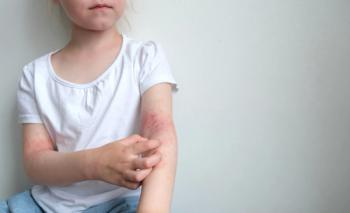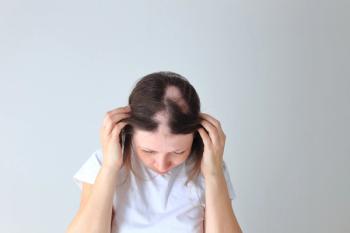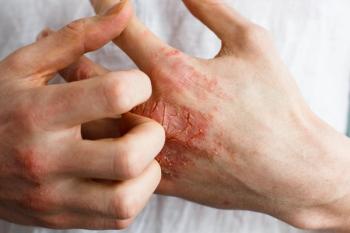
- Drug Topics December 2022
- Volume 166
- Issue 12
What’s New in Acne and Rosacea?
Valerie D. Callender, MD, FAAD, offers a look at the newest treatments available for acne and rosacea.
There’s no lack of new topical therapies to treat acne and rosacea, according to Valerie D. Callender, MD, FAAD, a professor of dermatology at Howard University College of Medicine in Washington, DC, and founder and medical director of Callender Dermatology and Cosmetic Center in Glenn Dale, Maryland. Callender discussed some of these treatments during a session presented at the 2022 Fall Clinical Dermatology Conference in Las Vegas, Nevada.1
Callender began by reviewing the pathophysiology of acne, which includes follicular proliferation of Cutibacterium acnes, abnormal keratinization, increased sebum production, and inflammation. She noted that dermatologists have a variety of treatment options at their disposal when creating a treatment plan for their patients with acne vulgaris. The American Academy of Dermatology has clinical guidelines with recommended regimens. Common first-line treatment options for mild acne include benzoyl peroxide, topical retinoid, or topical combination therapy using benzoyl peroxide, retinoid, and an antibiotic. If additional treatment is needed for mild acne, topical dapsone can be considered. For severe acne, a first-line treatment of oral antibiotics with topical combination therapies of benzoyl peroxide, retinoid, and antibiotics is common. Oral isotretinoin is also a frequently prescribed alternative treatment for severe acne.
Callender also reviewed new topical therapies for both acne and rosacea. New medications for acne include tazarotene lotion, 0.045% (Arazlo); trifarotene cream, 0.005% (Aklief); clascoterone cream 1% (Winlevi); tretinoin and benzoyl peroxide cream 0.1%/3% (Twyneo); and clindamycin phosphate 1.2%, benzoyl peroxide 3.1%, and adapalene 0.15% gel (IDP-126). Callender also mentioned 1 new medication for rosacea: benzoyl peroxide cream, 5%.
Reference
1. Callender V. What’s hot in acne & rosacea. Presented at: 2022 Fall Clinical Dermatology Conference; October 20-23, 2022; Las Vegas, NV.
Articles in this issue
about 3 years ago
2022 Top News from Drug Topicsabout 3 years ago
New Approaches in Psoriasis and Psoriatic Arthritis Treatmentabout 3 years ago
Treating Skin Cancers in the Immunotherapy Eraabout 3 years ago
A Study of Immune Checkpoint Inhibitors and Complication Ratesabout 3 years ago
Evaluating Chronic Itch and Quality of Lifeabout 3 years ago
Biosimilar Uptake Increases After Changes to EHRabout 3 years ago
Mental Health Telemedicine Barriers Spur Call for Reformabout 3 years ago
How Drug Shortages Are Prevented by the FDANewsletter
Pharmacy practice is always changing. Stay ahead of the curve with the Drug Topics newsletter and get the latest drug information, industry trends, and patient care tips.

